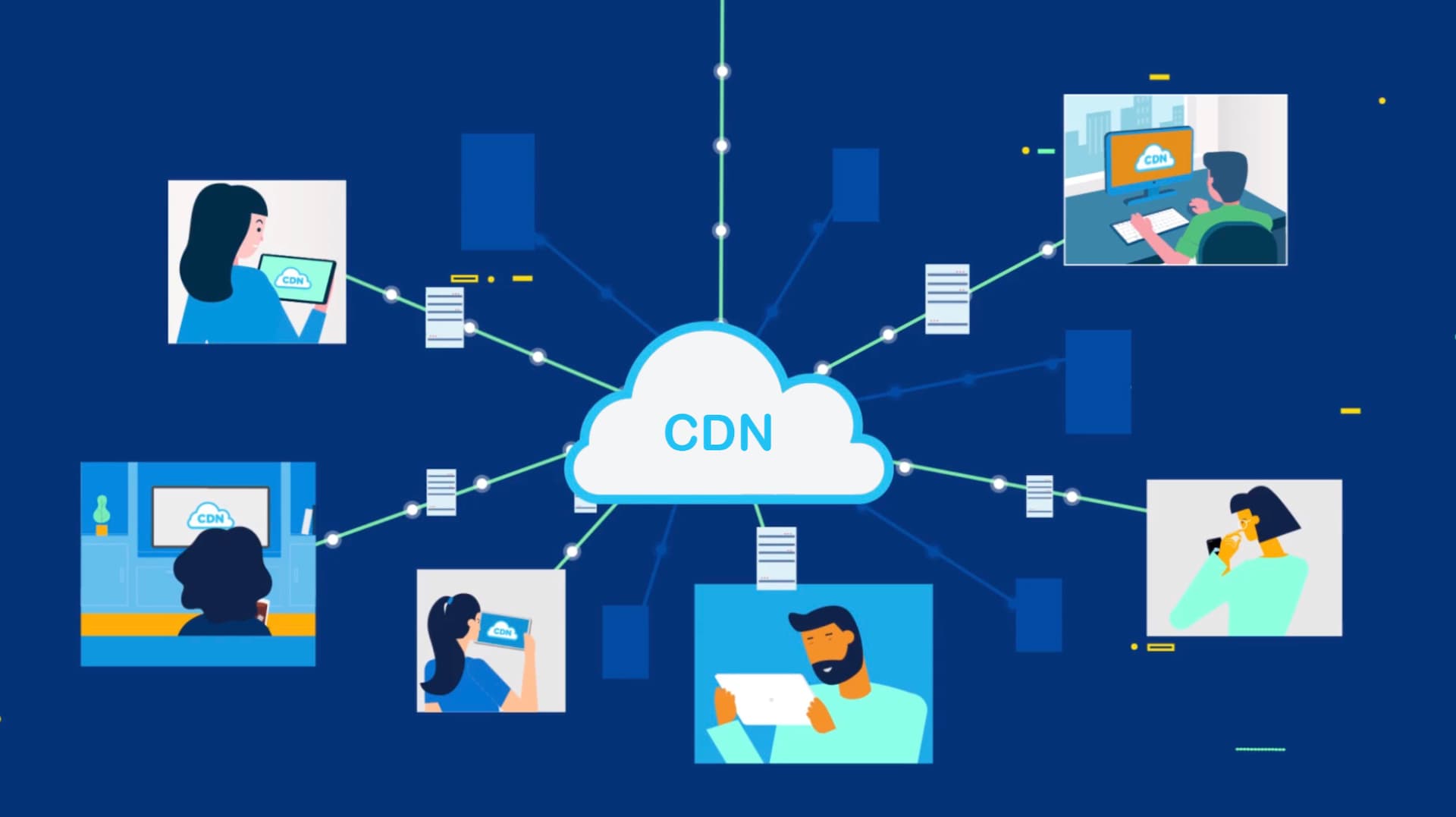CDN Management Tools: A Complete Guide for Better Web Performance
A Content Delivery Network (CDN) is a network of servers that deliver web content to users based on their geographic location. It speeds up the loading of websites by storing cached versions of web content in multiple locations worldwide.

CDN management tools exist to help website owners, developers, and administrators:
Monitor CDN performance
Manage content caching rules
Analyze traffic
Automate delivery settings
Why CDN Management Tools Matter Today
The digital world has grown fast, and so have user expectations. Visitors expect websites to load in under 2–3 seconds. Any delay can lead to increased bounce rates, reduced user satisfaction, and lower revenue.
Who Uses CDN Management Tools?
Web developers & DevOps teams
E-commerce platforms
News/media publishers
Streaming services
Mobile app backends
Government & educational websites
Problems Solved by CDN Management Tools
Reduces server load
Decreases latency
Enhances security (via DDoS protection, WAF)
Ensures uptime during high traffic
Provides data visualization and analytics
In a world where website performance impacts SEO, sales, and user engagement, CDN management tools are vital for staying competitive.
Recent Updates and Trends (2024–2025)
The CDN landscape is evolving with cloud-native infrastructure and AI integration.
Key Trends:
| Date | Update |
|---|---|
| Jan 2024 | Cloudflare released Smart Caching 2.0 using AI to predict user demand. |
| March 2024 | Akamai introduced EdgeWorkers, allowing custom code at edge nodes. |
| May 2024 | AWS CloudFront added real-time granular cache invalidation controls. |
| July 2024 | Google introduced performance-based billing for its CDN services. |
| Sep 2024 | Fastly launched a CDN observability dashboard powered by OpenTelemetry. |
Legal and Policy Considerations
Although CDN tools operate mostly in the background, they are still impacted by data protection and cyber laws, especially when content crosses borders.
Relevant Policies:
GDPR (EU): Requires CDNs to handle user data lawfully and transparently.
CCPA (California): Affects how user logs are stored and analyzed.
Data Sovereignty Laws: Some countries like India, Germany, and Brazil enforce local data hosting, affecting which CDN nodes can be used.
Export Control Regulations: Certain encryption standards in CDNs must comply with U.S. or international regulations.
Always ensure your CDN provider and tools comply with regional laws, especially when dealing with user data, cookies, and logs.
Top Tools and Resources for CDN Management
Here are some of the most used tools for CDN deployment, monitoring, and optimization:
1. Cloudflare
Real-time traffic analytics
Automatic cache purging
DDoS protection & Firewall
Free and paid plans
2. AWS CloudFront
Deep integration with AWS stack
Global edge locations
Lambda@Edge for custom logic
Pay-as-you-go pricing
3. Akamai CDN Tools
Industry leader in media delivery
Advanced configuration via Luna Control Center
Built-in security and analytics
4. Fastly
Real-time control via API
Programmable edge computing
Great for DevOps automation
5. KeyCDN
Simple dashboard
HTTP/2 and Brotli compression
Free TLS and IP filtering
Other Tools & Add-ons:
CDNPerf.com – For comparing CDN providers
Pingdom – Website performance monitoring
New Relic – Deep CDN and web app observability
Sucuri – Security CDN with integrated firewall
GTmetrix / PageSpeed Insights – Performance testing tools
Frequently Asked Questions (FAQs)
Q1. What is a CDN and how does it work?
A CDN (Content Delivery Network) distributes copies of your content across multiple geographically dispersed servers. When a user visits your website, the CDN serves content from the closest server, reducing load times and improving reliability.
Q2. Why should I use a CDN management tool?
These tools automate cache rules, provide analytics, and help monitor performance. This makes your website faster, more secure, and easier to manage across regions.
Q3. Can I use CDN tools with WordPress or Shopify?
Yes, many CDN tools offer plugins or integrations for WordPress, Shopify, Magento, and other platforms. They make it easier to manage caching, assets, and performance without coding.
Q4. How do CDN tools impact SEO?
Faster page load times improve Core Web Vitals, which are ranking signals for Google. CDN tools help reduce latency, leading to better user experience and improved SEO.
Q5. Is there a free CDN management tool?
Yes, Cloudflare offers a free plan with core CDN features. However, advanced analytics and optimization may require a paid plan or additional tools.
Conclusion
CDN management tools are essential in today's fast-paced digital ecosystem. From improving load speed to ensuring website security and regulatory compliance, these tools support a range of functions for developers, marketers, and business owners. As CDN technology continues to evolve, staying updated with the right tools and trends is key to providing a smooth, secure, and scalable online experience.